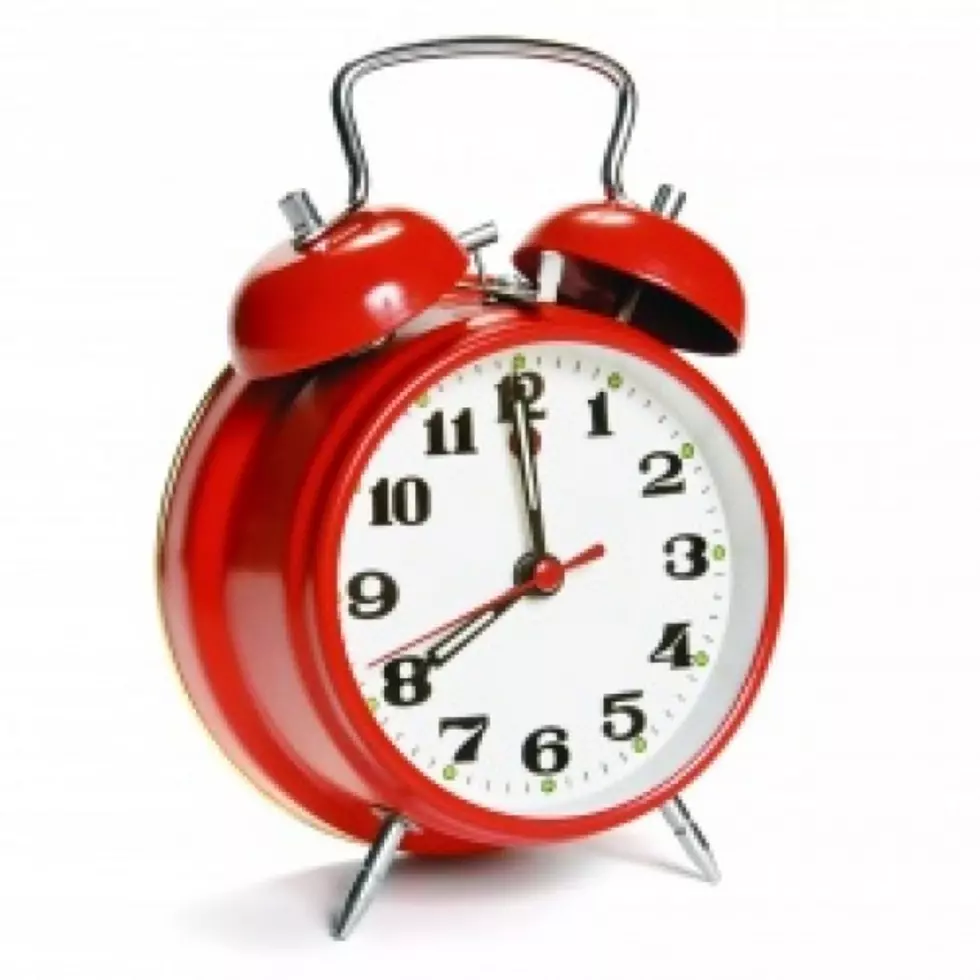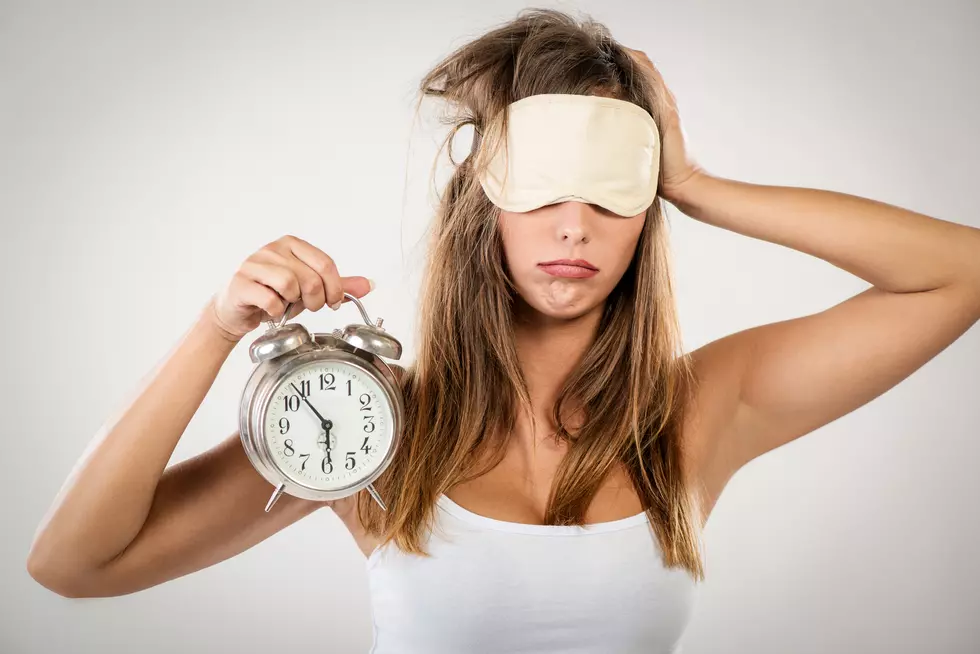
Five Helpful Tips If You’re Struggling To Adjust To Daylight Saving Time
If you've been feeling sluggish today, blame it on the change to Daylight Saving Time. For most, losing the hour seems to affect them most on the the Monday after the time change, but can also linger beyond that. Here are some tips to help you cope and get your body's internal clock reset faster.According to WebMD, your body's circadium rhythm, (body clock), is internally generated, but can also be influenced by the environment, behavior and medications so here are some things you can do to limit external factors.
- Get seven to eight hours of sleep. The symptoms you're experiencing are the same as sleep deprivation, so don't add to it by actually being sleep deprived. Also, make sure you're going to bed and getting up at about the same time every day.
- Cut the caffeine and alcohol, especially around bedtime. Both of these interfere with your body's natural ability to adapt.
- Exercise. It doesn't matter if it's a walk or a workout, just make sure the exercise is several hours before bedtime.
- Expose yourself to plenty of light during waking hours. Light is the environmental cue that tells your body when to be awake.
- Turn off the lights, TV and other distractions when it's time to sleep. You may find yourself lying awake a little longer than you want for a day or two, but you body is getting the signal and should make the adjustment quickly. Try a warm bath before bed to relax you if you're having trouble sleeping.
Doctors say, in most cases, sleep medication is not needed for the one hour time correction for Daylight Saving Time. However, if you're body isn't responding, there may be other factors that are preventing your body from making the adjustment. If this is the case, consult with your doctor for the best course of treatment.
More From Kool 107.9








![How Much Sleep Do You Get a Night? [POLL]](http://townsquare.media/site/757/files/2015/02/Sleeping.jpg?w=980&q=75)
